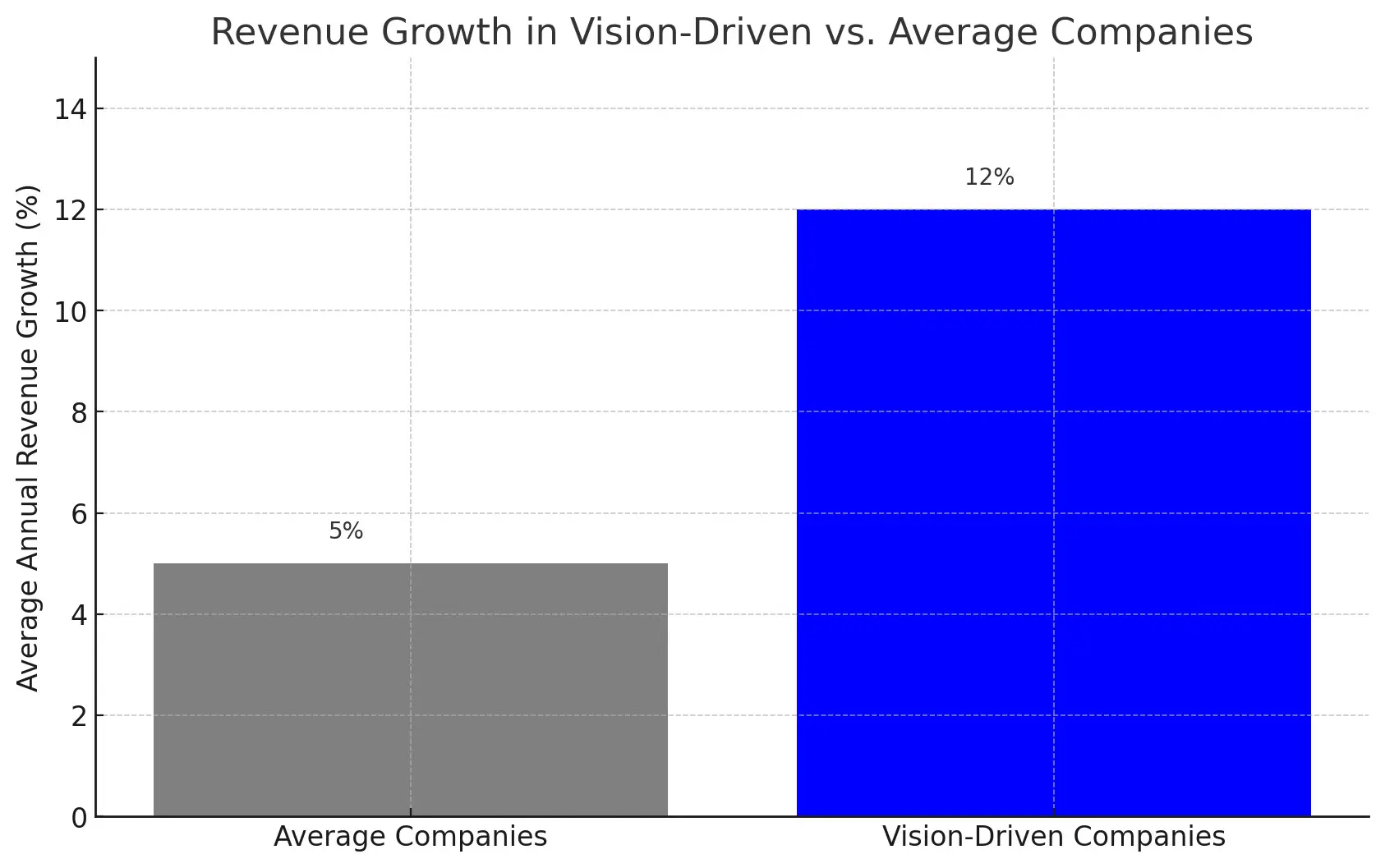
How Caruso and Salovey Advised Real Estate Leaders to Build Empathy and Success:
In a bustling real estate market, where the stakes are high and the competition fierce, word of the visiting psychologists spread like wildfire. David R. Caruso and Peter Salovey, the famed champions of emotional intelligence, had arrived, promising insights that would forever change the game for real estate leaders.
On a crisp morning, Caruso and Salovey entered the grand conference hall where managers from some of the region’s most reputable real estate agencies awaited. The room quieted, and Caruso began with a bold statement: “The most powerful tool in real estate isn’t a sales pitch—it’s emotional intelligence.”
Salovey leaned forward, his gaze steady as he addressed the room. “How often do you listen to clients’ words but miss the emotions behind them?” He paused, letting the thought settle. “Understanding a client’s excitement, their hesitation, or even their doubt gives you a direct line to what they truly want.”
Caruso nodded, adding, “It’s a skill—identifying emotions. And it starts by paying close attention not only to what clients say but to their gestures, expressions, and tones. Imagine walking through a house with a client who’s silent but watching intently. Their silence doesn’t mean disinterest; it could mean they’re envisioning their family there, taking in every detail. If you can recognize that, you connect with them on a deeper level.”
Managers whispered to each other, nodding in agreement. They could already imagine how powerful this approach would be, training their agents to recognize these emotional nuances.
Caruso and Salovey shifted to the second skill. “Once you recognize emotions, you can use them,” Caruso explained, almost as if he were revealing a hidden key. “Picture this: you’re in a meeting, announcing a new luxury property listing. Instead of just presenting the details, infuse it with excitement. Use emotions to spark enthusiasm and drive. Emotions are contagious—your energy becomes theirs.”
Salovey continued, “But remember, emotions aren’t only about excitement. During challenging negotiations, you might want calm, focused energy. Your agents will look to you, mirroring your emotions. Master this, and you’re no longer just leading—you’re guiding the team’s mood and momentum.”
The managers sat up straighter, inspired. The room buzzed with the potential of using emotions intentionally, like a conductor directing an orchestra.
As the sun shifted overhead, casting a warm glow into the room, Salovey turned to the third skill. “Emotions are complex,” he began, “especially in real estate. There’s more behind every client interaction than you see on the surface. Understanding emotions means recognizing the layers—identifying why clients feel what they do.”
Caruso interjected, his voice clear and deliberate. “A client may be reluctant to move, even though they need to. They’re not just buying a house; they’re making an emotional transition. Your job, then, is to empathize with these reasons, to go deeper and understand not only what they’re buying but what they’re leaving behind.”
The managers listened intently, realizing the depth this advice offered. Understanding emotions could transform their business relationships, turning clients into trusted, loyal partners.
As the afternoon drew on, Salovey addressed the most challenging skill of all—managing emotions. “Real estate is intense,” he said. “High-stakes negotiations, client demands, market pressures—it’s easy to lose your cool. But here’s the secret: if you can manage your emotions, you can manage the room.”
Caruso leaned in, his eyes narrowing slightly. “The greatest leaders are calm in a storm. They know that their emotions set the tone. Imagine a tense negotiation. Your agent’s nervous; the client’s on edge. By staying calm, you show that everything’s under control. This confidence radiates and steadies everyone else.”
The managers could feel the weight of this wisdom. In an industry known for volatility, mastering emotions seemed like a superpower. They envisioned becoming the calm centers of their teams, leading by example, setting a tone of resilience.
As the day wound down, Caruso and Salovey left the managers with a final thought. “Emotional intelligence is more than a skill,” Caruso concluded. “It’s a commitment to empathy. In real estate, you aren’t just selling properties; you’re building relationships.”
Salovey nodded. “When clients feel valued and understood, they don’t just come back—they bring others with them. And in time, you don’t just have clients. You have advocates.”
The managers left that day with a newfound perspective. No longer was their success tied solely to sales tactics or market trends; instead, they had discovered the profound impact of emotional intelligence. Guided by Caruso and Salovey’s wisdom, they returned to their agencies, ready to lead with empathy, to inspire with emotion, and to transform their client relationships forever.
And thus, in the chronicles of real estate leadership, Caruso and Salovey’s visit would be remembered as the day managers learned to truly connect—with both their clients and their teams—setting them apart as not just leaders but as pioneers of emotional intelligence.


